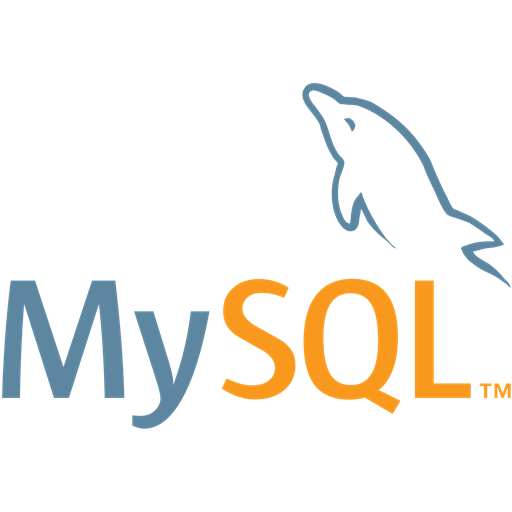MySQL, the world’s most popular open-source database, is used to store and manage data. Fast, reliable database access is the key to any successful application. That’s why we offer optimized MySQL hosting on cloud servers, to give you exceptional performance and total flexibility as you code.
Slow loading times kill conversions. Kamatera’s NVMe cloud servers speed up your MySQL database, cutting download times significantly. We make sure your database runs smoothly, so your app feels snappy. MySQL’s scalability combined with our flexible cloud servers will easily handle peak demand and provide uninterrupted service.


On Kamatera’s user-friendly console, you can configure your server with as many vCPU cores as you need (1-104), the perfect amount of RAM, your choice of data center across 4 continents, and the Linux flavor that suits you best.
Price Calculator
Data Centers Around the Globe

Frequently Asked Questions
The system requirements for deploying MySQL can vary depending on your specific use case, such as the expected workload, data volume, and the desired level of performance and availability. General guidelines for system requirements include:
These are the recommended hardware requirements for the Enterprise Service Manager. Refer to the MySQL documentation for specific supported distributions.
4 CPU Cores or more
8 GB RAM or more
RAID10 or RAID 0+1 disk setup
MySQL is a versatile relational database management system (RDBMS) that is widely used across various industries for a multitude of applications.
Some common use cases for MySQL include web applications, content management systems (CMS), e-commerce websites, data warehousing, business applications, social media platforms, mobile app backends, and much more.
Here are some well-known alternatives to MySQL:
PostgreSQL, MariaDB, SQLite, Microsoft SQL Server, Oracle Database, MongoDB, CouchDB, Redis, Amazon Aurora, and SQLite.
MySQL, as a relational database management system (RDBMS), shares many common features with other RDBMS options but also has some distinctions. Below are some key points highlighting how MySQL differs from other RDBMS:
Open source nature: MySQL is open-source and is released under the GNU General Public License (GPL). This means that users can access the source code, modify it, and distribute it freely.
Licensing costs: Unlike commercial RDBMS solutions like Microsoft SQL Server and Oracle Database, MySQL is free to use in most cases.
Storage engines: MySQL supports multiple storage engines, allowing users to choose the one that best suits their needs. The default storage engine is InnoDB, known for its support of transactions and referential integrity.
Replication and high availability: MySQL provides robust support for replication, allowing the creation of multiple copies of a database for redundancy and high availability.
Performance: MySQL is known for its high performance, especially in read-intensive workloads. It is often used in web applications and scenarios where quick data retrieval is crucial.
MySQL uses a structured query language (SQL) for interacting with the database. SQL is a standard language for managing and manipulating relational databases. It provides a set of commands for tasks such as querying data, updating records, inserting new data, and defining the structure of a database.
Kamatera supports MySQL 8.0, but since you have full control over your server, you can install any version that best fits your needs.
You can manage your MySQL databases using a command-line interface, phpMyAdmin (a user-friendly web tool), or other database management software. Our control panel also provides basic management features.
We provide robust security features, including firewalls, DDoS protection, and regular security updates, to safeguard your MySQL databases and data. We also recommend implementing strong password policies and database access controls.
Our expert technical support team is available 24/7 to assist you with any questions or issues related to your MySQL hosting and server environment.
If your MySQL directory is running out of space, or you just want to optimize performance, we’ve got you covered. We provide an easy-to-follow guide for relocating your MySQL data directory to a new location, using a server running Ubuntu 20.04.
Configuring an SQL database involves several steps, beginning with installation and setup and including creating databases and users. Here is a step-by-step guide, with screenshots, for configuring your SQL database. The article uses Microsoft SQL, but the configuration process is similar for MySQL.

















